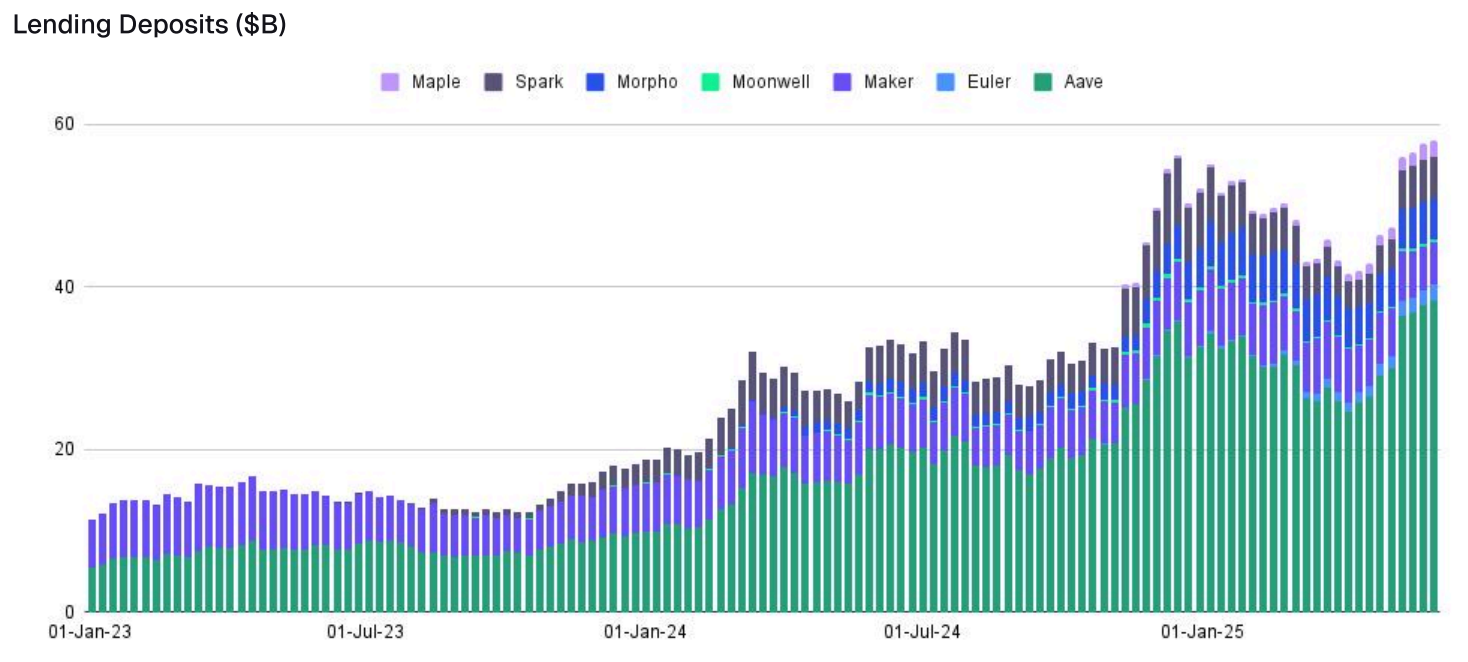
Decentralized Finance (DeFi) protocols have been making significant strides in the integration of tokenized real-world assets, marking a pivotal moment in the evolution of the crypto industry. This industry shift is highlighted in a recent report that underscores the growing role of crypto-native asset managers in the allocation of capital and governance within these protocols.
The rise of tokenized real-world assets within the DeFi ecosystem represents a bridge between traditional finance and blockchain technology. By digitizing real-world assets such as real estate, stocks, and commodities, DeFi protocols are unlocking new avenues for investors to access previously illiquid markets in a decentralized and transparent manner.
Crypto-native asset managers are at the forefront of this trend, leveraging their expertise in both traditional finance and blockchain technology to navigate the complexities of tokenized assets. These asset managers play a crucial role in capital allocation, strategically deploying funds across various DeFi protocols to maximize returns while managing risk.
Furthermore, crypto-native asset managers are also becoming increasingly involved in the governance of DeFi protocols. As key stakeholders in these decentralized networks, they participate in decision-making processes that shape the future direction of these platforms. Their involvement in governance not only ensures that investor interests are represented but also fosters a more inclusive and democratic ecosystem.
The integration of tokenized real-world assets into DeFi protocols has the potential to revolutionize the investment landscape. By democratizing access to traditionally exclusive asset classes, DeFi is leveling the playing field for retail investors and opening up new opportunities for wealth creation.
However, this evolution also brings new challenges, particularly around regulatory compliance and risk management. As tokenized assets blur the lines between traditional and digital finance, regulators are closely scrutinizing the DeFi space to ensure investor protection and market stability. Crypto-native asset managers will need to navigate this evolving regulatory landscape while maintaining the innovative spirit that has driven the growth of DeFi.
In conclusion, the expansion of DeFi protocols into tokenized real-world assets marks a significant milestone in the maturation of the crypto industry. With crypto-native asset managers leading the way in capital allocation and governance, the DeFi ecosystem is poised for further growth and innovation. As the industry continues to evolve, collaboration between traditional finance and blockchain experts will be essential to unlocking the full potential of tokenized assets in DeFi.

Leave a Reply